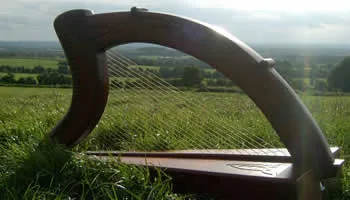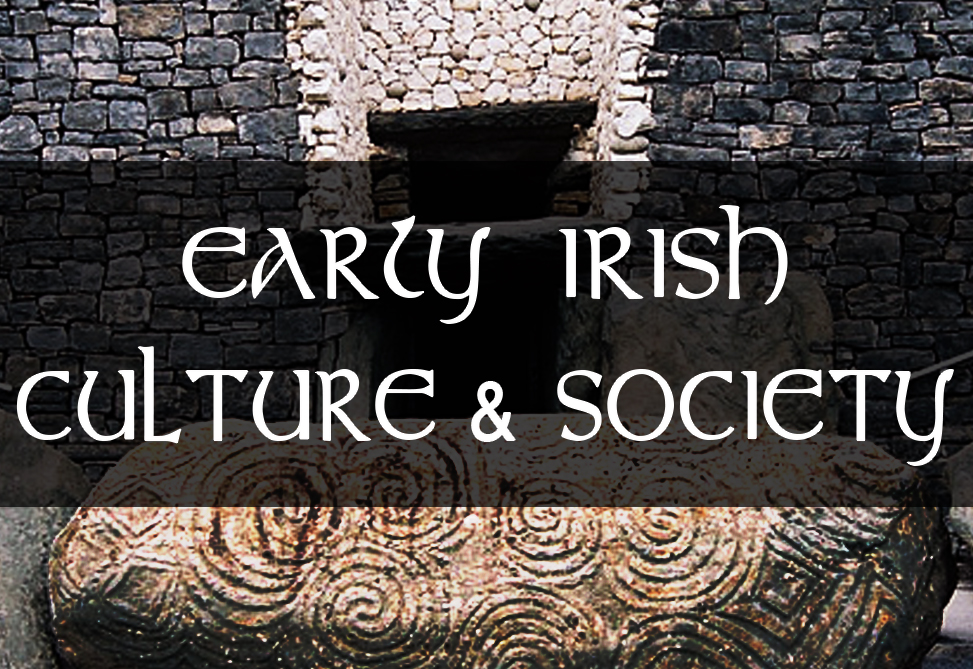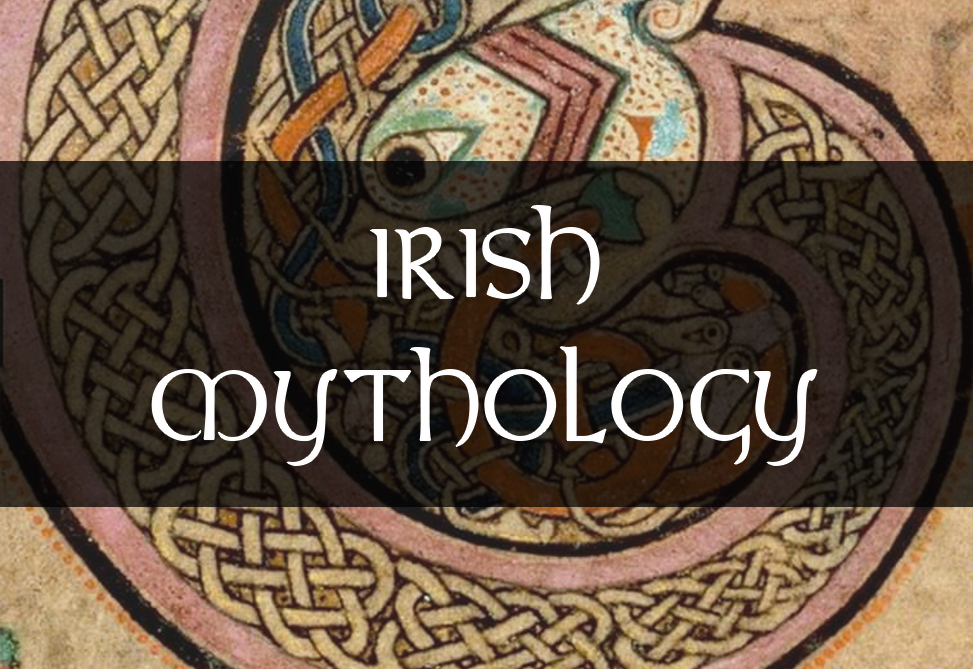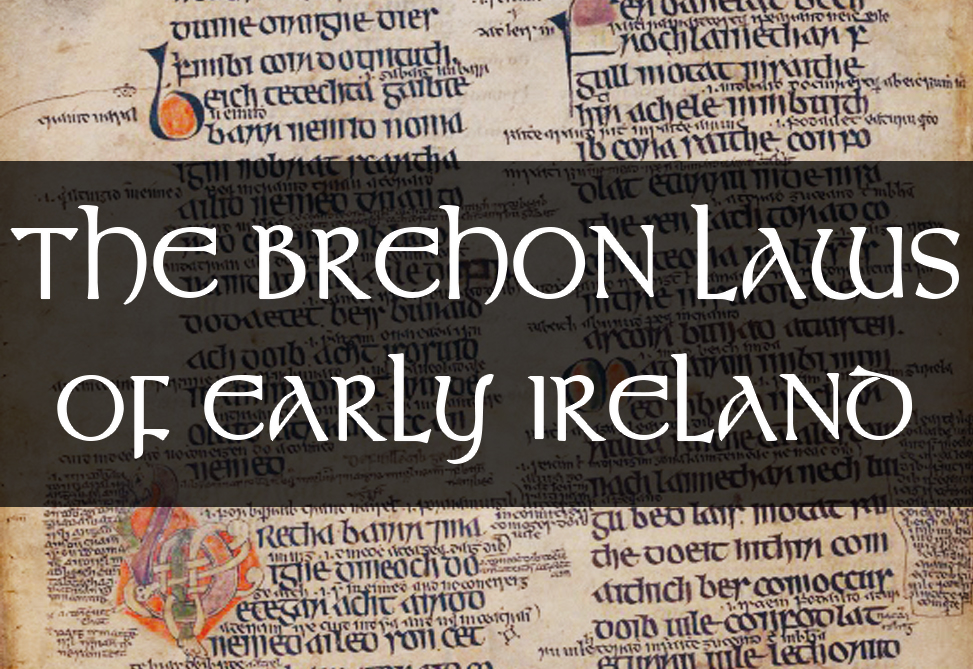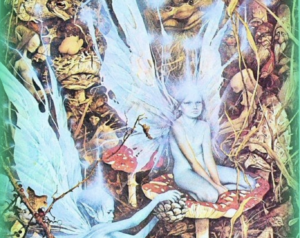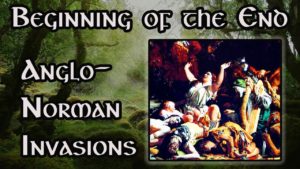In the tapestry of Irish history, woven with the threads of struggle, rebellion, and resilience, the figure of Patrick Donnelly emerges as a vibrant emblem of cultural and religious resistance. Known affectionately as the Bard of Armagh, Donnelly’s life story is a fascinating journey through a tumultuous period in Ireland’s past, offering a glimpse into the defiance of an indomitable spirit against the oppressive Penal Laws of the 17th century.
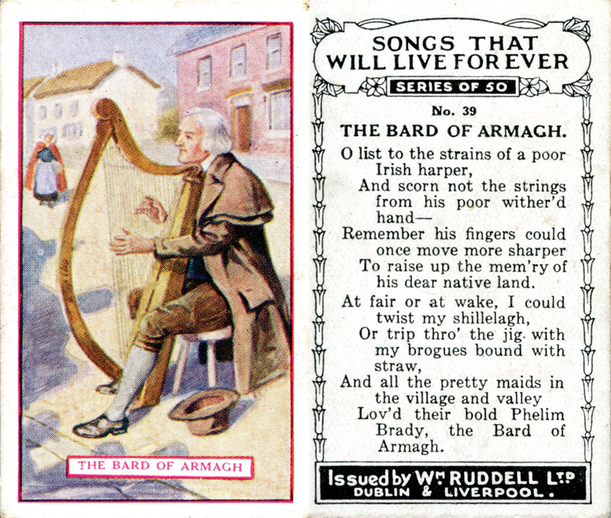
The Bard of Armagh
O list to the strains of a poor Irish harper,
And scorn not the strings from his poor wither’d hand–
Remember his fingers could once move more sharper
To raise up the mem’ry of his dear native lands.
At fair or at wake, I could twist my shillelalgh,
Or trip thro’ the jig with my brouges bound with straw,
And all the pretty maids in the village and valley
Lov’d their bold Phelim Brady, the Bard of Armagh.
The Bard of Armagh: A Bishop in Hiding
Though these lines sing the praise of Phelim Brady the words of this rebel ballad are really attributed to Patrick Donnelly (1650–1716). Born in 1650 in Tyrone, at a place named Desertcreat, Patrick Donnelly descended from the storied northern O’Neill clan.
His early life, shrouded in the mists of history, led him to an ordained life by 1697 when he became the Bishop of Dromore. This ordination occurred against the backdrop of the Banishment Act enacted by William III’s parliament, a draconian measure aimed at expelling Catholic clergy from Ireland. The Act marked the beginning of Penal Ireland, a dark era characterized by the systematic suppression of the Catholic faith.
Faced with persecution, Donnelly adopted an ingenious disguise as Phelim Brady, a wandering harp-playing bard. This alias was not merely a mask but a symbol of resistance, allowing him to evade detection and continue his mission. Through the persona of Brady, Donnelly navigated the dangerous landscape of Penal Ireland, offering Mass and educating children in the Irish language at secret hedge schools. His actions were a quiet rebellion, preserving the flame of Catholic faith and Irish culture in the face of attempts to extinguish it.
The Legacy of the Bard
The tale of the Bard of Armagh is immortalized in the ballad bearing his adopted name, a poignant reflection of Donnelly’s dual life as both a cleric and a cultural figure. The lyrics, attributed to the character of Phelim Brady, speak of a bygone era when the harper’s music stirred the hearts of the Irish people, igniting memories of their cherished homeland. Yet, behind these verses lay the reality of Donnelly’s existence, a life marked by subterfuge and devotion to his people.
Donnelly’s legacy extends beyond his poetry and clandestine religious activities. He is remembered as a beacon of hope and resilience, a figure who stood firm in his beliefs despite the constant threat of capture and punishment. His life story is a testament to the enduring spirit of the Irish people, their unwavering faith, and their deep-seated love for their cultural heritage.
A Resonant Echo
Patrick Donnelly’s death in 1716 did not signify the end but the continuation of a legacy that resonates through the centuries. The Bard of Armagh remains a symbol of the struggle for religious and cultural survival, his story inspiring future generations to remember and cherish their history. In the face of adversity, Donnelly’s life reminds us of the power of faith, the importance of cultural identity, and the indomitable spirit of the Irish people. As we reflect on his contributions, we are reminded that history is not merely a record of the past but a beacon guiding us toward a deeper understanding of resilience, identity, and the enduring power of the human spirit.
Patrick Donnelly, the Bard of Armagh, lived a life cloaked in disguise but illuminated by his unwavering commitment to faith and culture. His story is a compelling chapter in Ireland’s rich history, offering lessons of courage and resilience that continue to inspire.
